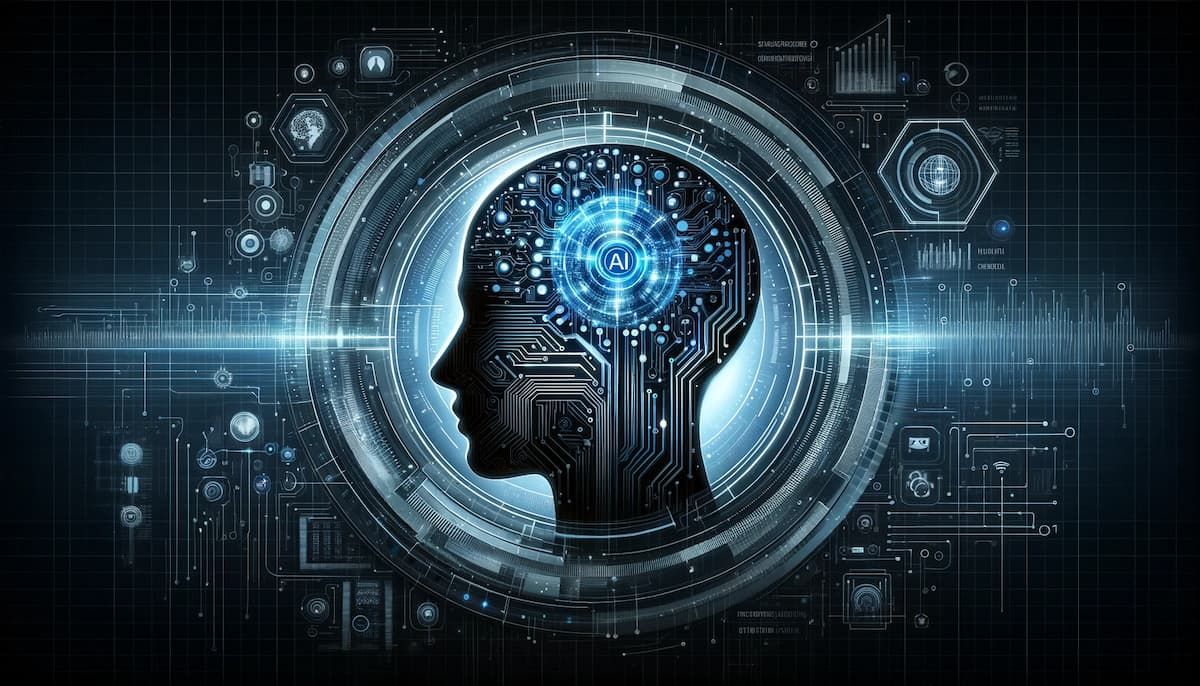
Navigating the AI Era in Cybersecurity: Threats and Opportunities
Emergence of AI in Cybersecurity: A Double-Edged Sword
The rapid evolution of artificial intelligence (AI) technology, such as systems like Q-Star in mathematics, is having a profound impact on the field of cybersecurity. On the one hand, the growing ability of AI systems to analyze and decrypt cryptographic algorithms poses a significant risk to data security and privacy. On the other hand, this very capability is presenting unprecedented opportunities to reinforce our cryptographic frameworks. This dual nature necessitates a balanced approach in managing the threats and opportunities presented by AI in cybersecurity.
Transitioning to Post-Quantum Cryptography
To counter the potential of AI to crack current encryption methods, there is a push to shift toward post-quantum cryptography. This new wave of cryptography aims to be resistant not just to advanced AI algorithms, but also to quantum computing threats. This transition is critical for safeguarding sensitive data in the foreseeable future and requires a concerted effort from all stakeholders in the digital ecosystem.
Innovating to Outpace AI Advancements
The field of cryptography must be in a constant state of innovation to stay ahead of AI developments. By continuously evolving cryptographic algorithms, we can aspire to maintain a step ahead of AI's capabilities to decrypt information, thus preserving data security and privacy.
Deploying AI for Automated Cyber Defense
AI itself can be an ally in cybersecurity. Its deployment in automated defense systems can enable quicker and more efficient responses to threats than traditional methods. The agility and adaptiveness of AI-driven security measures can provide superior protection against increasingly sophisticated cyber attacks.
Establishing Ethical and Policy Frameworks
Given the potent force that AI represents, it is paramount to draft ethical guidelines and policy frameworks to regulate its development and application in cybersecurity. Such measures are essential to ensure that AI's deployment aligns with the best interests of society and does not impinge on privacy or security.
Fostering Collaboration Across Sectors
Addressing AI-related challenges in cybersecurity requires widespread collaboration. Academia, industry, and government sectors must work hand-in-hand to develop secure systems that can withstand the AI and quantum threats. Integrated research and development efforts are instrumental in achieving this goal.
Educating Cybersecurity Professionals
To combat the threats posed by AI, it is essential that cybersecurity professionals stay informed about both its capabilities and potential risks. Training and educating practitioners in this new AI-driven landscape will be crucial for building a workforce capable of responding to the evolving nature of cyber threats.
Looking Toward the Future
The future of cybersecurity in the age of AI is contingent upon a dynamic and proactive approach. This includes a commitment to technological advancement, strategic planning, and ethical consideration. By striking the right balance between these elements, we can navigate the complexities of cybersecurity in an AI-dominated landscape.